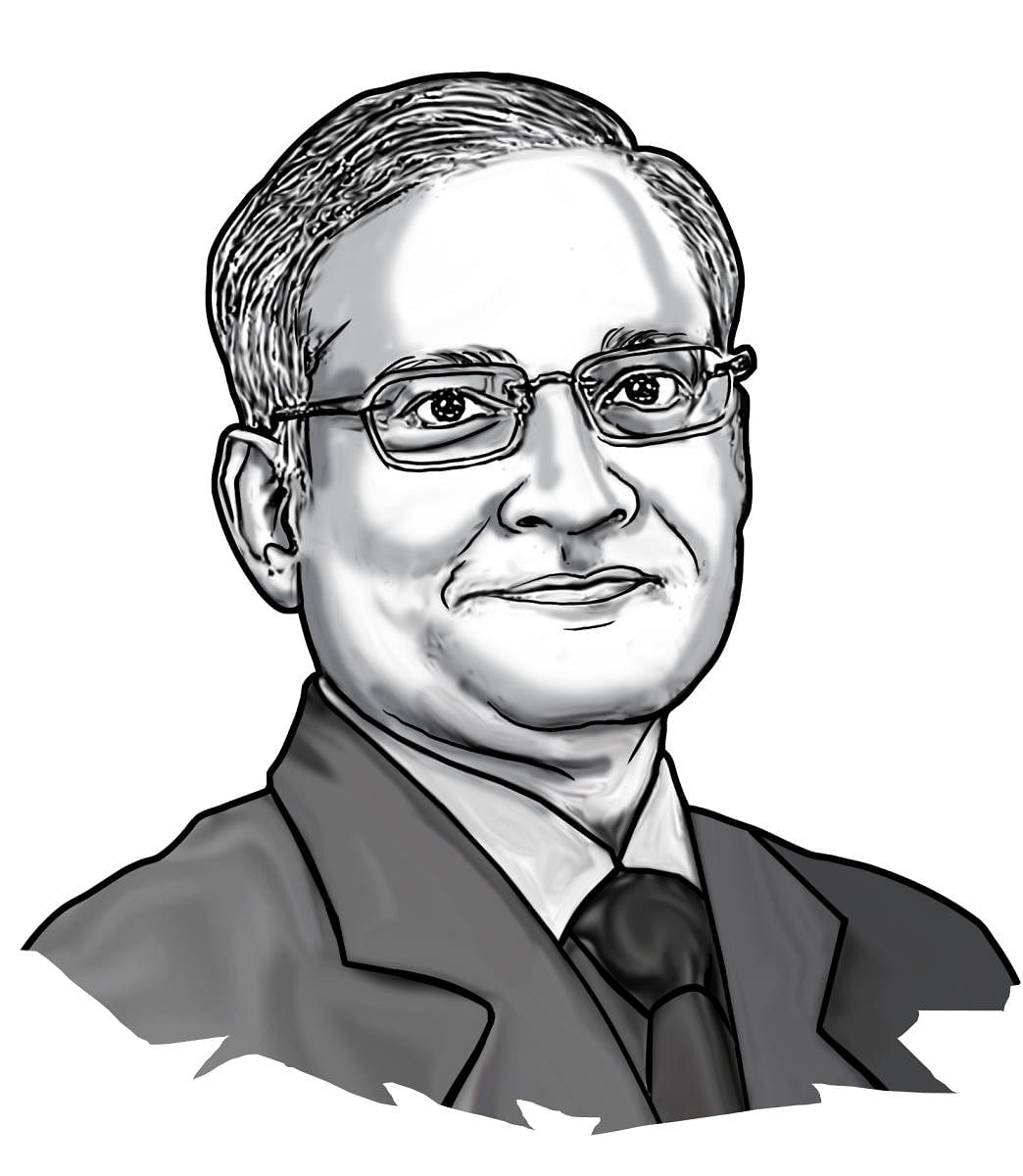China prides itself on its obsession with “order under heaven,” unlike in other societies prone to periodic ethnic, regional, religious and individual clashes. Stability and security are the watchwords we hear most often in China. Beneath that veneer is extensive institutional violence that gets subsumed under Communist class terms. Opaque decision-making, a ‘mouth-piece’ media and a blanket ban on coverage of unpalatable events further complicates reality in China. No murder cases, rape incidents, thefts or ethnic violence make it to the media, lest the “harmonious” social fabric be exposed.
One such reality is the growing unrest by Uighurs in the north-western region of Xinjiang, a crucial region for the new Belt and Road Initiative. China is currently feeling the heat for its policies over the last two years in Xinjiang, both domestically and globally. Decades of policies of assimilation of Uighur ethnic minorities, rather than integration, appear to be boomeranging on Beijing of late. These policies range from sending droves of Han nationals to Xinjiang to occupy lucrative businesses in energy, agroindustry, commerce and transportation sectors, replacing the local Uighurs. Today, the Han Chinese not only occupy major political, economic, administrative, judicial, media, police and para-military positions but also as a percentage of population (9 million) have replaced the Uighurs (8 million) as the majority in the latter’s own homeland of centuries.
Since the early 1990s, a number of incidents of political violence have been raging in Xinjiang, which the official discourse packages as “endangered state security” cases. More than half of China’s national figures of such cases are related to Xinjiang. A majority of these are related to Uighur attacks on police stations, or disrupting military and para-military convoys, burning official vehicles, destroying official media houses or even assassinations of political leaders. The July 5, 2009 incident in the capital, Urumqi, rattled the establishment as it claimed over 189 casualties in just a couple of hours. Another attack at Kunming railway station in March 2014 left scores knifed and 31 killed.
Successive Communist Party leaders in the region followed “strike hard” polices of repression – spearheaded by Party Secretary Chen Quanguo -- which only fuelled further violence in Xinjiang. Newspapers reported about restrictions placed on Friday mosque prayers, on growing beards, even on names, as well as extensive surveillance, scanning of digital devices, the use of DNA to map faces, etc. However, a huge cache of internal documents signed by Xinjiang’s deputy party chief Zhu Hailin in 2017, made available to the International Consortium of Investigative Journalists by an anonymous official, show that these were just the tip of the iceberg. They point to the systematic “show no mercy” repression of Uighurs in the internment camps.
While domestically China appears to be in charge, more trouble for China came from the United States House of Representatives, which passed the Uighur Act of 2019 calling for sanctions on China. Chinese journalists targeted the Republican Senator Marco Rubio for the stepped-up criticism of China.
To contain the damage, China had for over a decade mobilised the Shanghai Cooperation Organisation to tackle the “three evils” (separatism, extremism and splittism). The release of activist Serikzhan Bilash in Kazakhstan this March added fuel to this campaign.
In Europe, several governments, including France, Germany and others, are critical of China’s human rights record in Xinjiang. The mayor of the Czech capital Prague, Zdenek Hrib, went further by recently rejecting a ‘sister city’ agreement with Beijing due to the ‘One China’ policy provision.
For the international community, China has a nuanced perspective. Towards the Islamic world, Beijing characterises the Uighurs as not Islamic enough – meaning that they sing, dance, drink alcohol, eat pork and involve in worldly pleasures. For the Western world, appealing to the post 9-11 global consensus on terrorism, China depicts the Uighur as supported by the Al Qaeda and so need to be eliminated. This post 9/11 narrative seems to be losing appeal. While China may contain the damage, its soft power has taken a beating.
